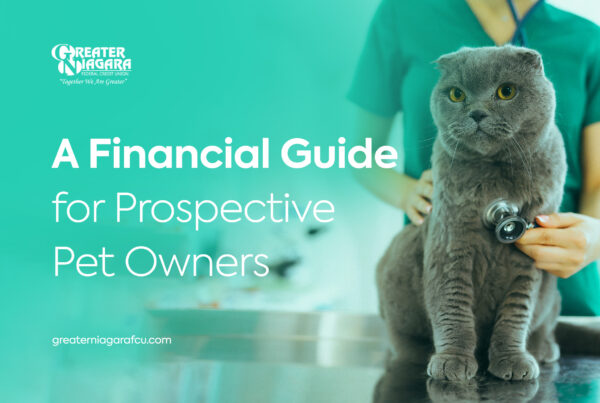Sometimes, our preconceived notions about money get the best of us and we start to believe ideas that simply aren’t true. In fact, the way we handle our money is rarely a one size fits all scenario. The best money habits are often the ones we personalize to our own lives, so consider these common money myths then toss them out!
The Younger You Are the Less You Need to Think About Saving For Retirement
Even though retirement typically happens when you’re older, in actuality, the younger you start building your retirement fund, the less you’ll have to put away each month, and the more you’ll save by the time you’re ready to retire. Thus, it’s best to start saving young then let time work in your favor, and compound interest work its magic.
Saving a Little Bit of Money Isn’t Worth it
No matter how small, setting up a budget forces you to get in the habit of making responsible money choices and stay on top of your finances at all times. It’s a good idea to auto-deposit some of your money right into savings so that way you can’t spend what you don’t have. With unpredictability always right around the corner making sure you build healthy money habits and save a little bit at a time matters.
Buying is Better Than Renting
Buying a home is often sought after as the “American dream” but that’s not everyone’s dream, and it’s not always in everyone’s best financial interest. If you’re young and possibly expecting a career change, or aren’t quite ready to put down roots in one place you may discover renting is the better option. When buying a home, it’s important to consider all the costs and commitments of that choice versus the more flexible choice of renting. After all, buying a place isn’t the only way to make your space a home.
All Debt is Bad Debt
There is a time and place for leveraging credit to make the choices and life steps that may be important to meeting larger future goals. For example, taking out loans to pay for a well-thought-out home purchase or help support going back to school can provide beneficial financial resources. We can easily judge ourselves as being “bad with money” when we find ourselves with debt, when in reality it’s how we responsibly handle and pay back the debt that really matters.
It’s all too easy to get wrapped up in the endless ideas of perfect money management. Cut yourself some slack, and take the time to decide what works best for you and your finances, because sometimes what we think we already know is actually just a myth.







